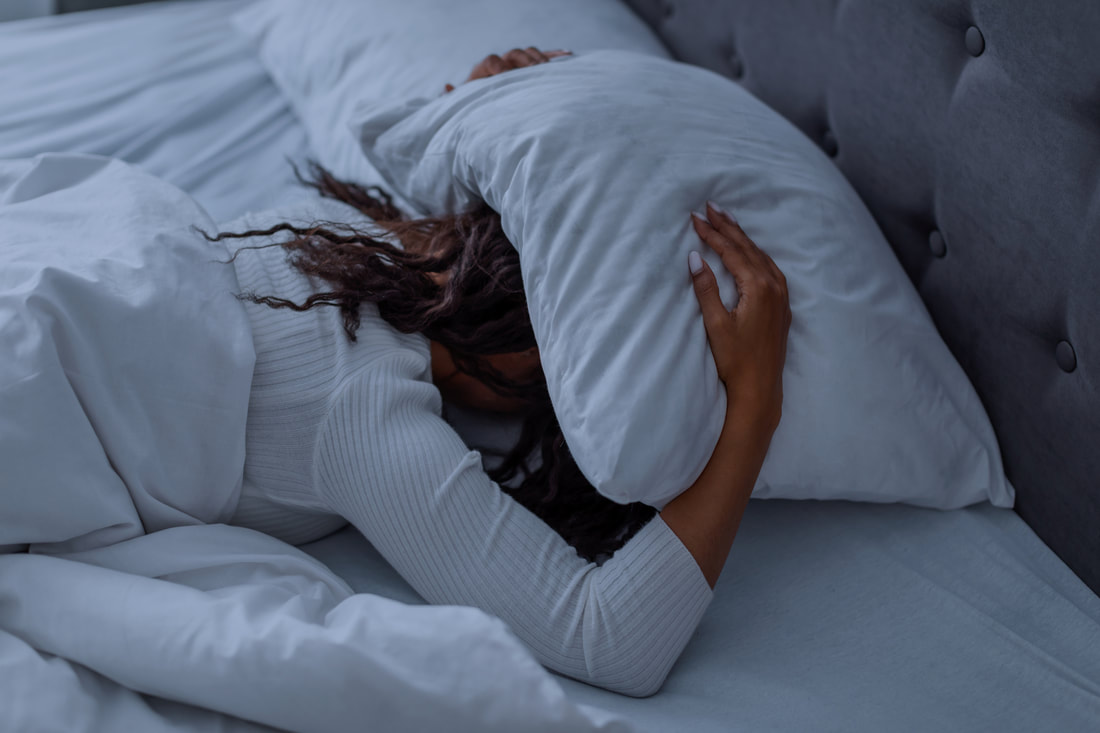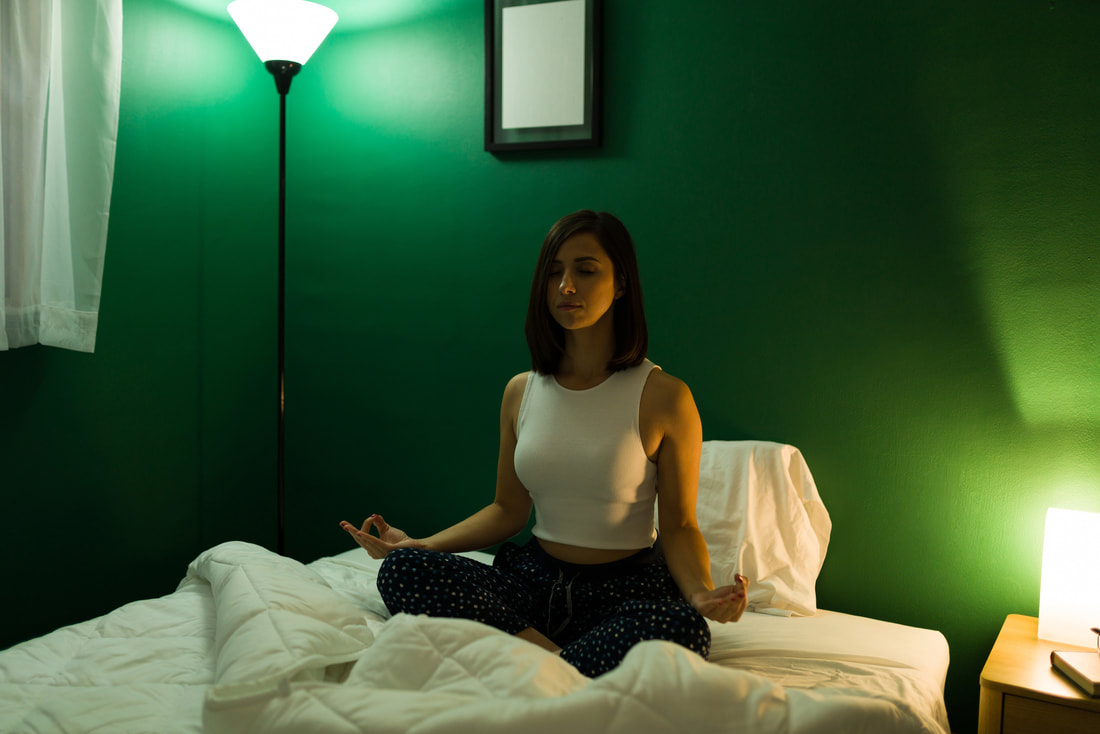|
Sleep is such an important aspect of our health and wellbeing, yet so many struggle to get a good night’s rest. Whether you have trouble falling asleep, staying asleep or getting quality sleep, it is awful to get up in the morning feeling tired and groggy. Starting the day this way is less than ideal and more often than not it affects your mood and productivity for the rest of the day. Bummer. Of course there can be a number of reasons that play a role in the quality of your sleep but let me share a few common ones and what you can do to fix it. It’s time to get that rest you deserve (and so desperately need)! 1. You’re Stressed Out From family demands to work deadlines, it’s no surprise that you feel stressed out. However, heightened stress levels could negatively impact your sleep quality. If you have trouble turning your mind off and your thoughts are racing at night, it might be a sign that you need to relax. Take a few minutes before bed to unwind, whether that’s reading your favorite book, journal or doing a short meditation. Turn off your phone notifications and put your electronics away. Remind yourself that anything you have left to do can wait until the morning when you are energized and ready for a fresh start and think about all the things you accomplished today. 2. You’re Drinking Too Much Caffeine (Too Late) If you have trouble sleeping, pay attention to your caffeine intake. The effects of caffeine can last much longer than you might think, so you may want to reconsider drinking coffee in the afternoon. If you need some extra energy, try drinking green tea, which contains much less caffeine than coffee or black tea. If you like the taste of coffee, switch to decaf later in the day. 3. Your Sleeping Environment Isn’t Right Have you ever slept over at a friend’s house or a hotel and felt as though it took forever to fall asleep? Your sleep environment has a significant impact on your quality of sleep. Take a look at your bedroom— is it dark enough at night, is it quiet? Is it too hot, too cold? These seemingly minor factors can disrupt your sleep and make you uncomfortable. Keep your bedroom as dark and quiet as possible at night. Your bedroom should also be a cooler temperature, but not too cold. 4. Your Sleep Schedule is Inconsistent We’ve all heard about the importance of a consistent sleep schedule, but it’s easier said than done. However, an inconsistent sleep schedule can negatively affect your ability to fall asleep. Our body’s circadian rhythm acts as a natural alarm clock. It alerts your body when it’s time to fall asleep and when to wake up, but if we never have a consistent sleep-wake pattern, our bodies get confused. Make a sleep schedule that works for you, and try your best to stick to it. 5. You’re Not Moving Your Body The best way to easily fall asleep is to feel tired. If you aren’t moving your body and are stuck sitting at your desk all day, you don’t expend much energy. From your body’s perspective, there is not much need to rest and re-energize when you haven’t used much energy in the first place! Try to move your body in some way each day, even if it’s a slow walk through the neighborhood. Exercise also lowers stress levels, which helps you relax before bed. However, avoid intense exercise right before bed as this will increase your heart rate and body temperature, making it difficult to relax and sleep. I hope you found these tips helpful. If you have any questions, need help implementing new habits or would like to talk about anything else related to your health and wellness journey, feel free to book a complimentary coaching session or join my free Vibrant Health Power Community on Facebook.
0 Comments
Leave a Reply. |
take control of your health.Connect with a board certified coach to help you succeed with health changes. COACHES:
|




